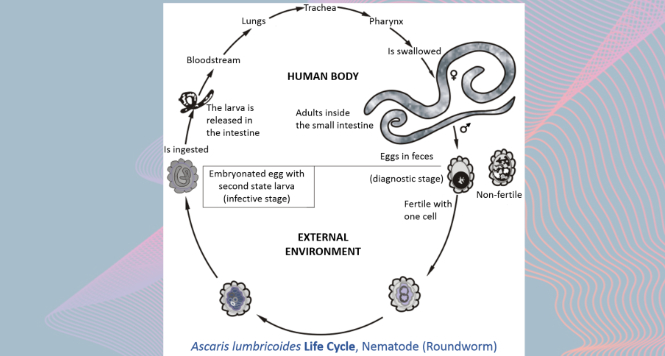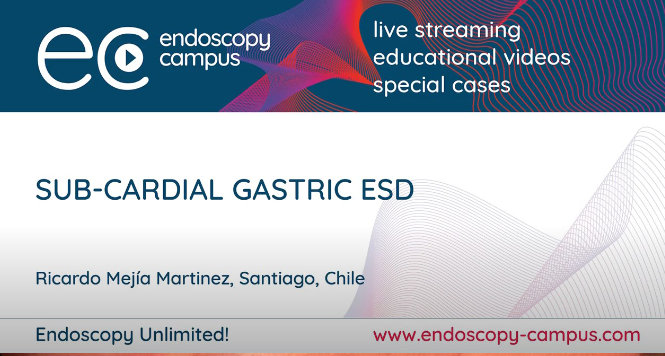Do DPP4 Inhibitors and GLP-1 Receptor Agonists Increase the Risk of Intestinal Obstruction?
Vanessa M. Shami, MD, FASGE, reviewing Ueda P, et al. Clin Gastroenterol Hepatol 2023 Sep 14.
The treatment of type 2 diabetes has evolved over the past decade, and incretin-based drugs, including dipeptidyl peptidase 4 (DPP4) inhibitors and glucagon-like peptide-1 (GLP-1) receptor agonists, have been increasingly used for glucose control. It has been reported that these drugs may increase the risk of intestinal obstruction, which can lead to bowel ischemia and perforation.
Authors of the study utilized data from nationwide registries in Sweden, Denmark, and Norway from 2013 to 2021 to conduct two cohort studies to assess the association between the use of DPP4 inhibitors and GLP-1 receptor agonists and the risks of intestinal obstruction. Both drugs were compared with an active comparator drug class (sodium-glucose cotransporter 2 [SGLT2] inhibitors).
The database identified 190,321 new users of DPP4 inhibitors (median [interquartile range (IQR)] follow-up time, 1.3 years [0.6-2.6]) and 139,315 new users of SGLT2 inhibitors (median [IQR] follow-up time, 0.8 years [0.4-1.7]). Among these patients, there were 919 cases of intestinal obstruction. There was no statistically significant difference in the risk of intestinal obstruction (adjusted incidence rate, 2.0 vs 1.8 per 1000 person-years; hazard ratio [HR], 1.13; 95% confidence interval [CI], 0.96-1.34).
The database also identified 121,254 new users of GLP-1 receptor agonists (median [standard deviation] follow-up time, 0.9 years [0.4-1.9]) and 185,027 new users of SGLT2 inhibitors (median [IQR] follow-up time, 0.8 years [0.4-1.8]). Of these, 557 patients experienced intestinal obstruction events. There was no statistically significant difference in the risk of intestinal obstruction (adjusted incidence rate, 1.3 vs 1.6 per 1000 person-years; HR, 0.83; 95% CI, 0.69-1.01).

COMMENTThe two cohort studies suggest that patients who take DPP4 inhibitors and GLP-1 receptor agonists for type 2 diabetes are not at increased risk of intestinal obstruction. Since this differs from previously published cohort studies, large prospective studies are needed to substantiate these findings.
Note to readers: At the time we reviewed this paper, its publisher noted that it was not in final form and that subsequent changes might be made.
CITATION(S)
Ueda P, Wintzell V, Melbye M, et al. Use of DPP4 inhibitors and GLP-1 receptor agonists and risk of intestinal obstruction: Scandinavian cohort study. Clin Gastroenterol Hepatol 2023 Sep 14. (Epub ahead of print) (https://doi.org/10.1016/j.cgh.2023.08.034)


